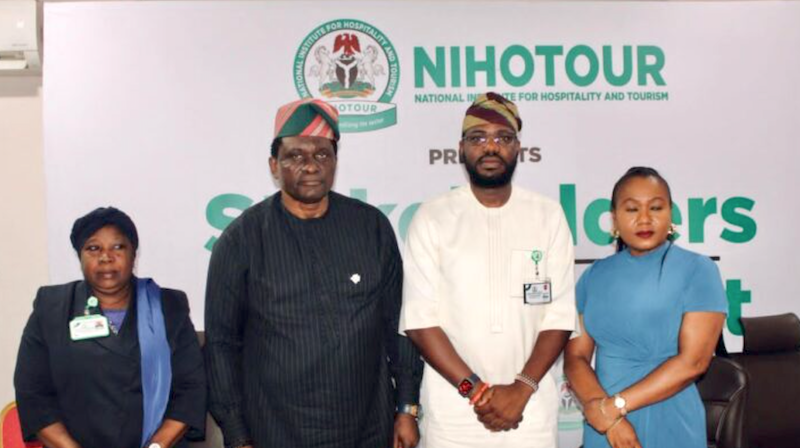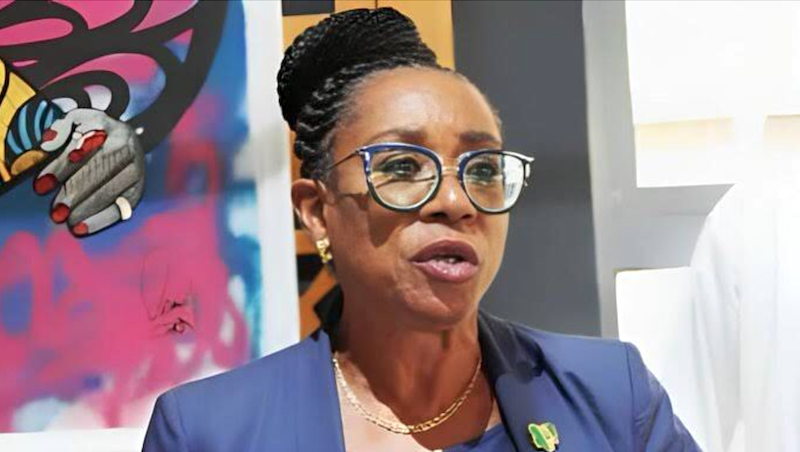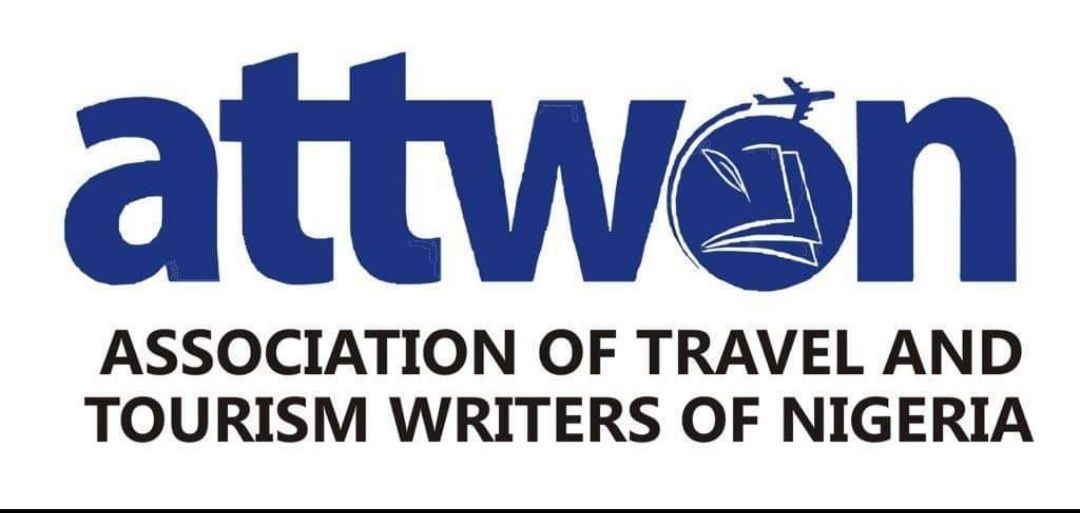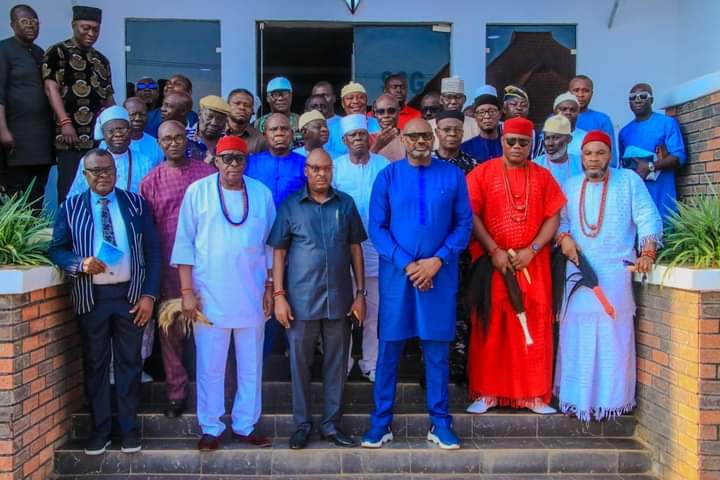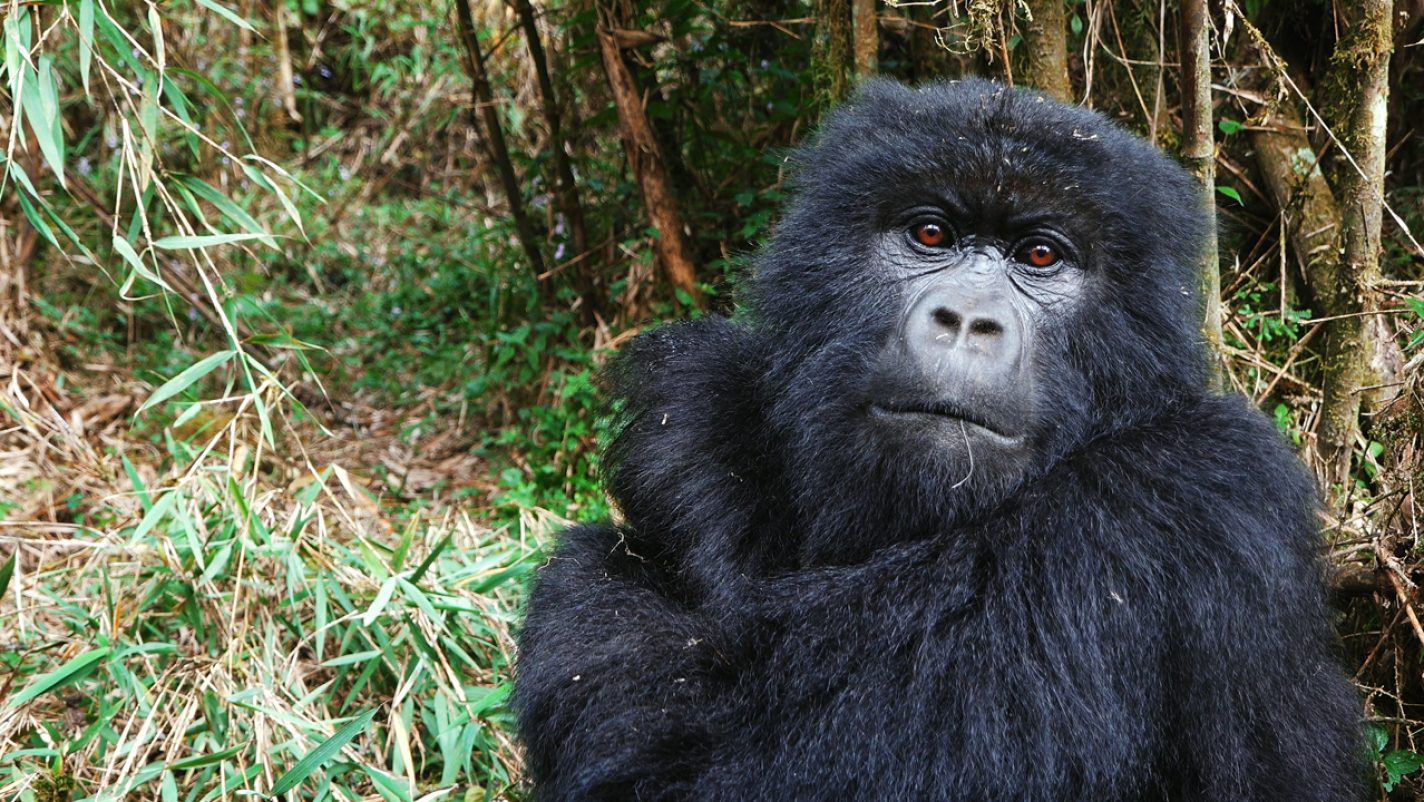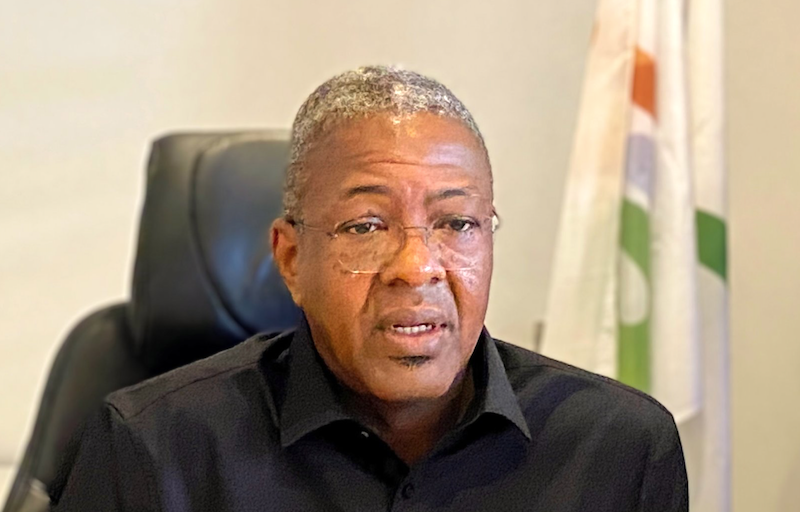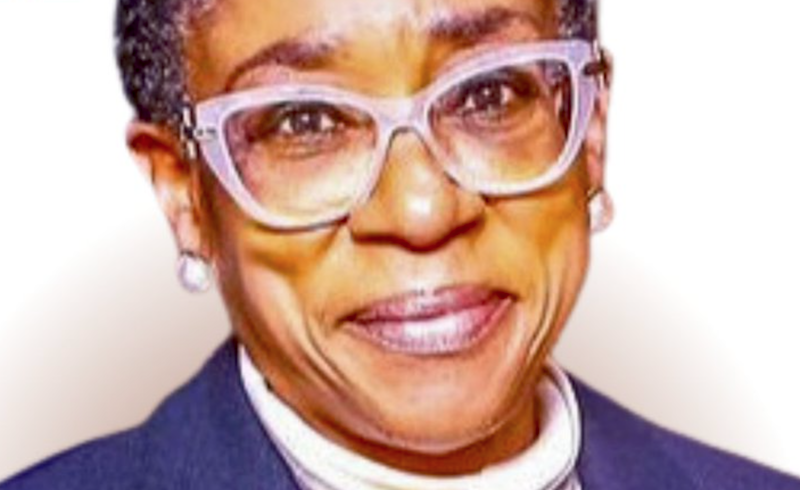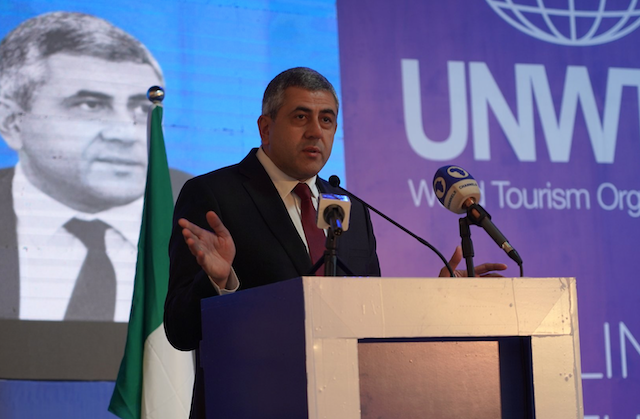Some eight years ago, a group of travel and tourism journalists and enthusiasts set up the Association of Travel and Tourism Writers of Nigeria (ATTWON).
The move was informed by a deep conviction to selflessly galvanise the industry to achieve its vast potential and serve as a major economic hub for the nation.
Registered with the Corporate Affairs Commission (CAC) on June 10, 2016, RC CAC/IT/ No 88082, ATTWON, thus, became the first and only association of travel and tourism writers, including journalists, photographers, editors, and tourism professionals dedicated to the development of the industry.
At inception, ATTWON saw the need to bring the country’s travel media and tourism industry closer in unity for a positive transformation of the industry while showcasing the tourism potentials of the country on the global tourism map.
And ever since, ATTWON has been promoting responsible journalism, and domestic tourism, supporting and developing members, and encouraging the conservation and preservation of travel resources in Nigeria.
This is contrary to the misleading publication made by the Association of Nigerian Journalists and Writers of Tourism (ANJET), claiming exclusive status as the only registered association for travel and tourism writers.
We find it necessary to set the records straight and ensure accurate information is conveyed to the industry stakeholders and the public.
It is important to emphasise that aside from ATTWON members, there are other independent travel and tourism journalists, writers and television producers, who all responsibly promote the industry and the nation’s vast tourism potentials, and also, in their various capacities, relate with industry stakeholders and supervising agencies for the overall good of the sector.
For us at ATTWON, this multiplicity of actors in the writing and reporting segment of the sector absolutely bodes well for the industry.
We therefore state, unequivocally, that it is absolutely delusionary of ANJET to think their members are the only travel and tourism journalists in the country, or to wear the toga of the one who defines who a travel journalist is and who the supervising ministry and agencies would relate with in furthering the cause of the sector.
We also state, unequivocally, that the monopoly that ANJET seeks to perpetuate in this modern age of journalism is not just befuddling and unimaginable, it is clearly self-serving and limits the possibilities for the sector. This move – this ANJET stance – is abhorred and must be consciously rejected by the industry and everyone who truly loves to see the industry develop.
ANJET is not, in fact, a registered association for travel and tourism writers. The claim they make regarding their exclusive registration status lacks any basis in reality. We respectfully request that they provide evidence to substantiate these allegations, as ours is the only verified and recognised association of travel and tourism writers in this sector.
The Association of Travel and Tourism Writers of Nigeria (ATTWON), the organisation being wrongfully accused of not being registered, is the only officially registered association for travel and tourism writers in Nigeria today. ATTWON’s commitment to upholding the highest standards of professionalism, dedication to the industry, and a thriving community of esteemed writers and journalists distinguishes us as the leading authority in this field.
As the only registered association for travel and tourism writers, ATTWON remains committed to upholding the highest industry standards, fostering professional excellence, and ensuring that our members continue to contribute positively to the growth and promotion of the travel and tourism sector.
It would be recalled that as a way of stepping up our missions, ATTWON as a media association, about six years ago, applied and paid for membership in the Federation of Tourism Associations of Nigeria (FTAN), like the other associations.
Rather than ATTWON being welcomed, having met the requirements, the reverse was the case as ANJET opposed the membership approval that two media associations cannot be under FTAN.
FTAN, which was established in 1997 by the then Federal Ministry of Commerce and Tourism to ensure smooth operation and cooperation between government agencies and the organised private sector in Nigeria, was misled to do the bidding of ANJET. But it is heartwarming to note that perception at FTAN about ATTWON has now changed and the relationship, cordial and mutually tailored to growing the industry.
To be sure, FTAN has multiple associations per sector like the Hoteliers, Training Institutes and the like. Even if ANJET is duly registered, why should there be a monopoly in the media segment? Is it for the growth and development of the sector or themselves?
Recently, the National Institute for Hospitality and Tourism (NIHOTOUR) organised a training tagged, ‘Train-the-Trainer Programme’ on Hospitality and Tourism Trade for Tourism and Hospitality trainers, stakeholders and tourism journalists in Lagos.
Investigation has revealed that ANJET members, in their usual style of arm-twisting industry leaders to accede to their demands before supporting or partaking in any initiative, frowned at the proposed training allowance for attendees as being too small, asking that it be reviewed upwards, otherwise they threatened to back out of the training.
Gladly, the NIHOTOUR hierarchy stood its ground, called their bluff and went on with the training. And this is not the first time industry leaders have called the bluff of ANJET members. History is replete with such instances, which ATTWON will highlight publicly when the time is right.
Not given to such ANJET’s frivolity, however, ATTWON members and indeed other independent travel journalists and writers took part in the hugely successful training. In addition, the training received a media coverage and mileage that no event had ever achieved before in the industry. And this much was confirmed by NIHOTOUR officials.
Apparently miffed that NIHOTOUR refused to be arm-twisted and that the training was successful, ANJET, shockingly, has since resorted to writing and publishing a series of articles both online and in the traditional media, attacking the NIHOTOUR DG and alleging that ATTWON is faceless.
Specifically, they have been condemning NIHOTOUR and attempting to bring the image of the agency to disrepute for organising training for, as they put it, “non travel journalists and fake association members.”
The ultimate question is: How can a group of people who have been feeding fat on industry stakeholders and government agencies over the years, and whose stock-in-trade has been to surreptitiously arm-twist stakeholders into doing their selfish bidding, be so bold to cast aspersions on other people who mean well for the sector?
ATTWON, a duly registered association that has been actively involved in the tourism industry in Nigeria over the years is referred to as fake?
Besides, it is on record that ATTWON and ANJET members attended the training organised by NIHOTOUR last year in Abuja. Why were they not called fake then?
For the records, ATTWON has, since 2017, been organising various programmes such as, “ATTWON OPEN HOUSE” and “ATTWON TOURISM PARLIAMENT” where major stakeholders have always come together to discuss issues affecting the industry. We also actively participated in the call for the Tourism Ministry to be separated from the Information Ministry, among many other advocacies that we have done in the past. And we would not relent; many more impactful initiatives are up our sleeves.
Why has ANJET suddenly become jittery of ATTWON’s strides and future exploits in the sector? Who is afraid of ATTWON?
E-signed
Annabel Kufre
PRO, ATTWON
10th July, 2024
